Empowering Every Learner with EdTech
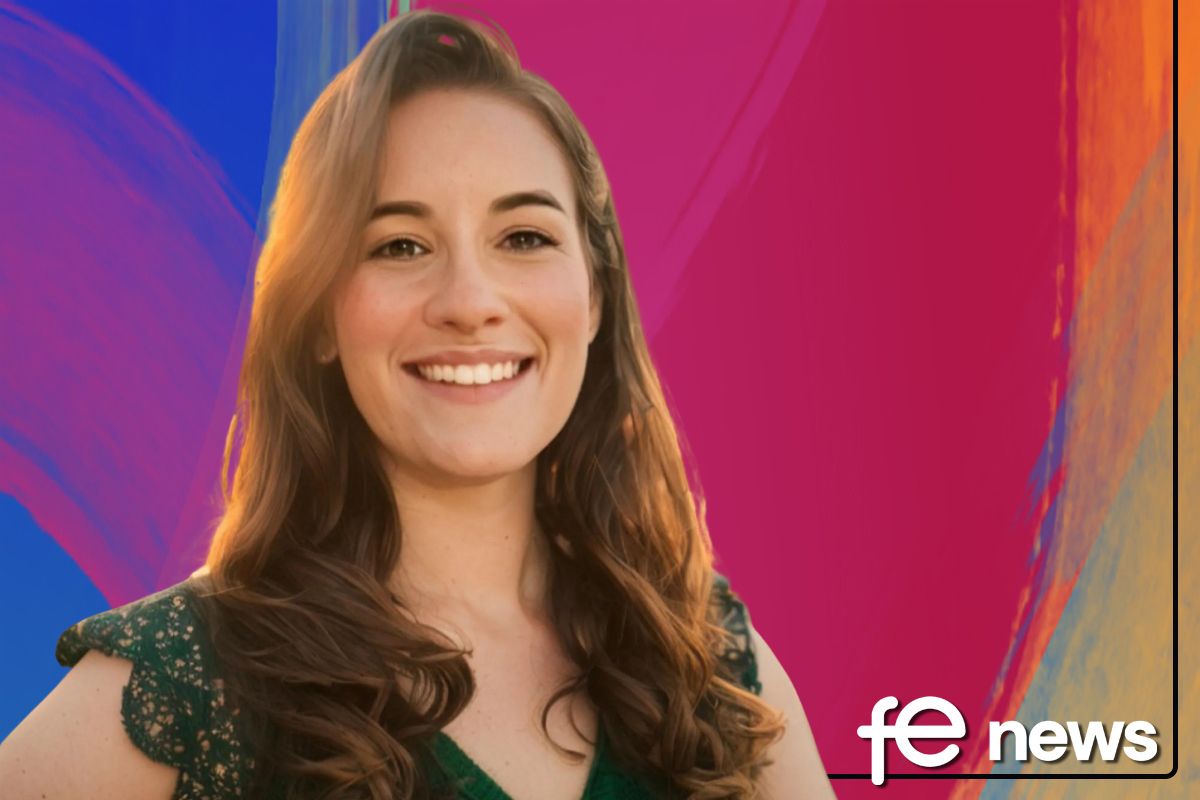
Dr. Amy Lomellini, Product Accessibility Lead at Anthology, emphasises the critical importance of accessible educational technology in creating inclusive learning environments for all students, particularly those with disabilities. She advocates for the adoption of accessibility tools, best practices, and policies to ensure equal opportunities for success in education.
The Critical Importance of Accessibility in Education
During the month of Global Accessibility Awareness Day (GAAD), I’ve been reflecting on the current state of inclusivity in educational technology.
The conversation around accessibility has never been more critical, especially in light of recent studies revealing significant gaps in support for students with disabilities.
Here, I explore the transformative role of educational technology in creating inclusive environments for all learners, with a particular focus on those with disabilities and neurodivergent needs.
The Challenge: Addressing the Growing Need for Accessible Education
In the past five academic years, the number of UK students with a declared disability has increased by 46%, now making up almost one in five students. Despite this rise, there is a significant gap in support, with only 50% of students with disabilities believing their universities do a good job accommodating their needs.
The challenges faced by students with disabilities are multifaceted, ranging from physical barriers to accessing campus facilities to digital barriers in online learning environments.
A Disabled Students UK study highlights the impact of these challenges, finding that 69.7% of students who did not receive the required support have considered leaving university or switching to part-time study.
This stark reality underscores the urgent need for inclusive learning environments that cater to all students and ensure no one is left behind.
The Solution: Embracing Inclusive Technology
Educational institutions must prioritise making learning accessible both on-campus and online. This involves designing and developing content with WCAG 2.2 AA in mind. These guidelines are intended to make web content more accessible to people with disabilities.
Comprehensive accessibility means embracing a broad spectrum of needs, not just those traditionally recognised. This approach ensures that all learners can access educational content regardless of their disabilities or circumstances.
One such solution is Anthology’s Ally, a digital accessibility tool embedded directly into Learning Management Systems (LMS). Ally helps build inclusive environments by making digital learning content accessible to all students. Rooted in Universal Design and Universal Design for Learning (UDL) principles, Ally promotes autonomy, empowerment, and inclusivity for all.
Accessible EdTech: A Case Study
Ally offers several key features designed to enhance accessibility. Through instructor feedback and the Course Accessibility Report, Ally provides context and guidance on the accessibility of course content items. It evaluates the accessibility of individual content items, such as Word documents or LMS-created pages, and assigns a corresponding accessibility score.
Instructors receive a detailed list of identified issues, explanations of their significance, and step-by-step instructions on how to fix them. This empowers instructors to learn about accessibility issues, understand their impact, and make necessary adjustments.
Once the content is uploaded or created, Ally automatically generates alternative formats of the original version without altering it. These formats include tagged PDFs, OCR’d PDFs, Braille Ready files, translated versions, HTML, audio, BeeLine Reader, ePub, and Microsoft Immersive Reader.
This feature embodies Universal Design for Learning principles by providing multiple means of representation and engagement options to support all learners with content that suits their needs or preferences.
The Broader Impact of Accessibility
Critically, the alternative formats offered by Ally, while designed to remove barriers for disabled learners, also benefit those without disabilities. This reinforces the concept of Universal Design, where solutions are created to be usable by all people, to the greatest extent possible, without needing adaptation or specialised design.
For example, providing alternative formats allows students to choose the format that best suits their preferences at any given moment, whether listening to an audio version while commuting or reading a translated document in their native language. This flexibility supports diverse learning preferences and helps all students succeed.
Empowerment Through Accessibility
Empowerment and autonomy are crucial for all students but essential for disabled learners. Accessible educational technology provides students with the tools they need to take control of their learning experiences, reducing the need for accommodations and building a more inclusive learning environment.
The agency and empowerment that result from using a digital accessibility tool like Ally are virtually impossible to quantify. By removing barriers and providing multiple ways to engage with content, Ally helps create a level playing field for all students, ensuring everyone has an equal opportunity to succeed.
A Call to Action
I believe that educators can all play their part in paving the way for a genuinely inclusive future in education.
There are many ways to contribute to improving accessibility for all, whether it be by adopting accessibility tools in our work, learning more about accessibility best practices, or advocating for inclusive policies and practices within our educational institutions.
We should all commit to making accessibility a priority. By integrating accessibility into the core of our educational practices, we can create a more inclusive and equitable educational landscape for all learners.
Every small step we take today can lead to significant changes tomorrow, ensuring that every student, regardless of their abilities, has the opportunity to thrive.
By Dr. Amy Lomellini is the Product Accessibility Lead at Anthology.



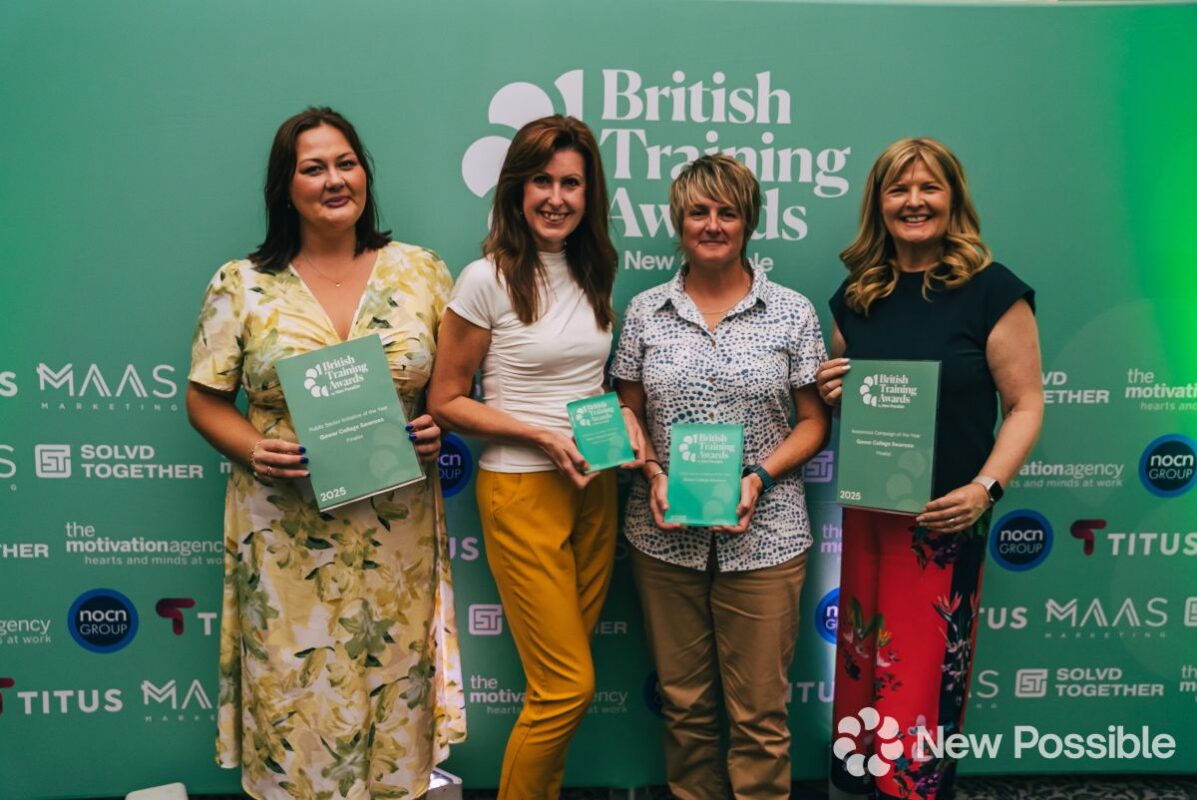


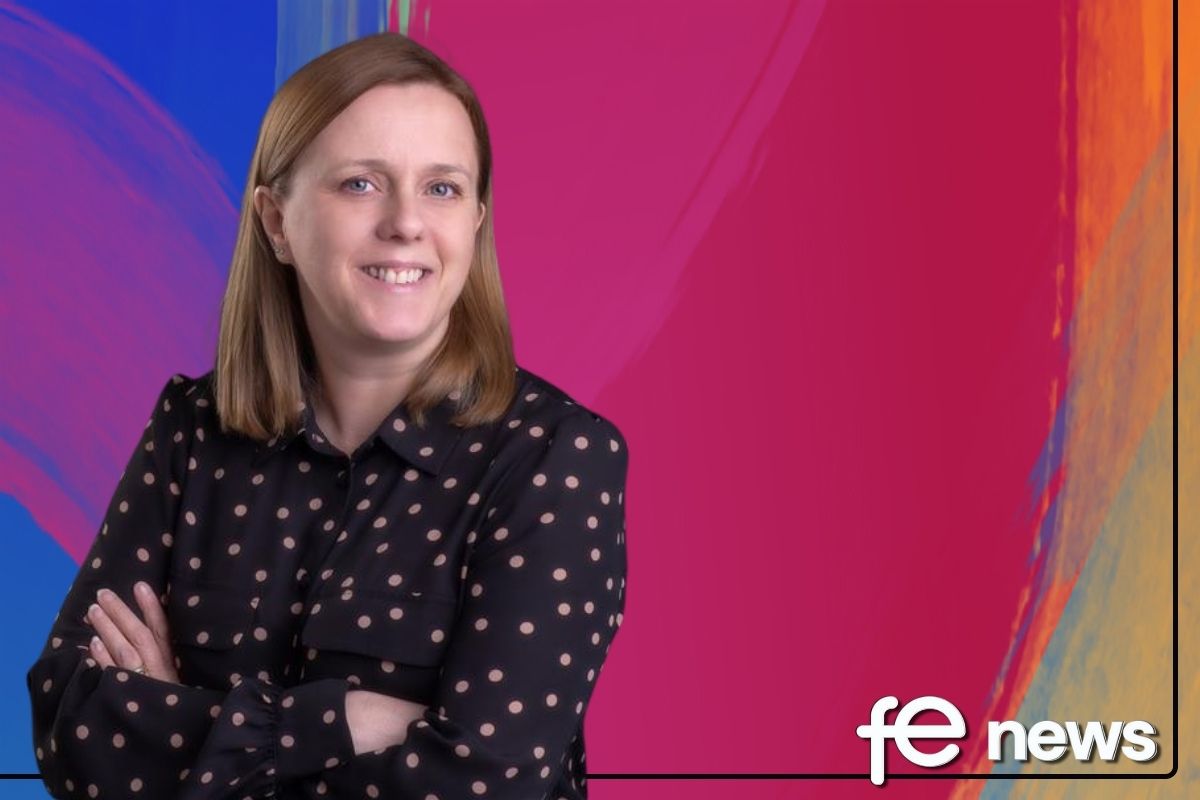

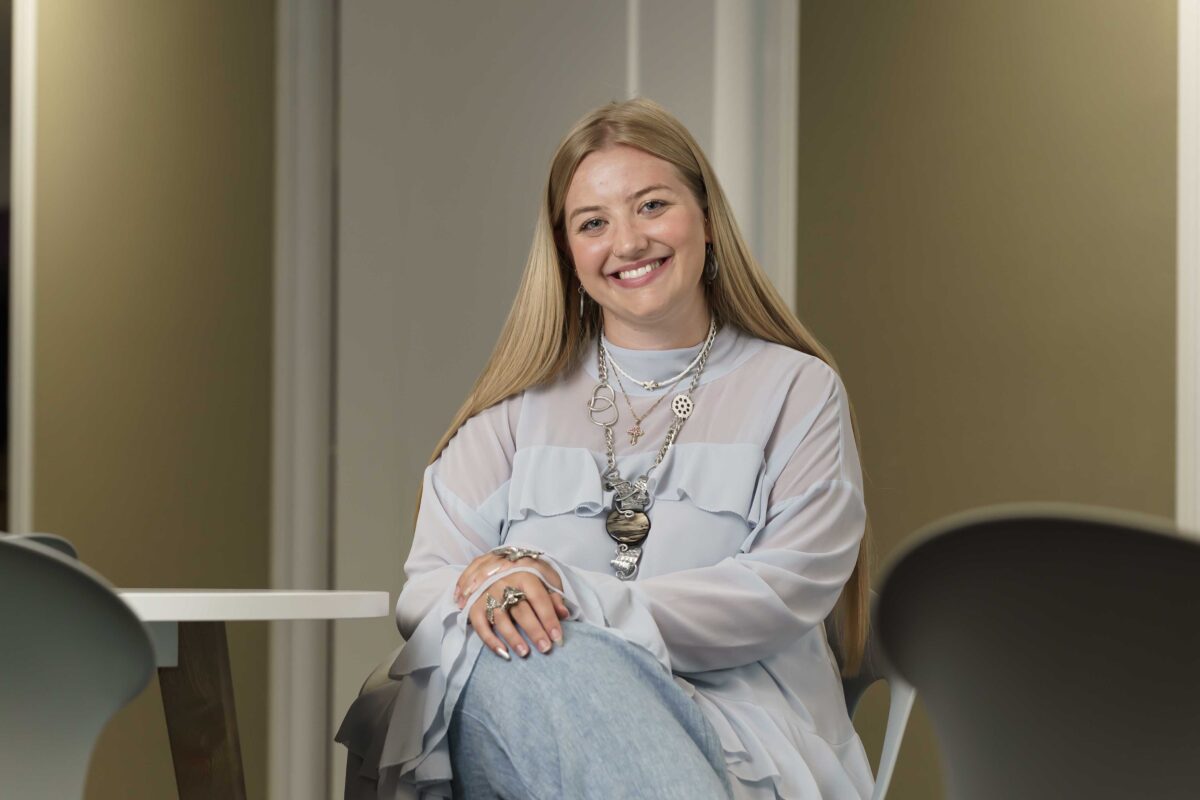
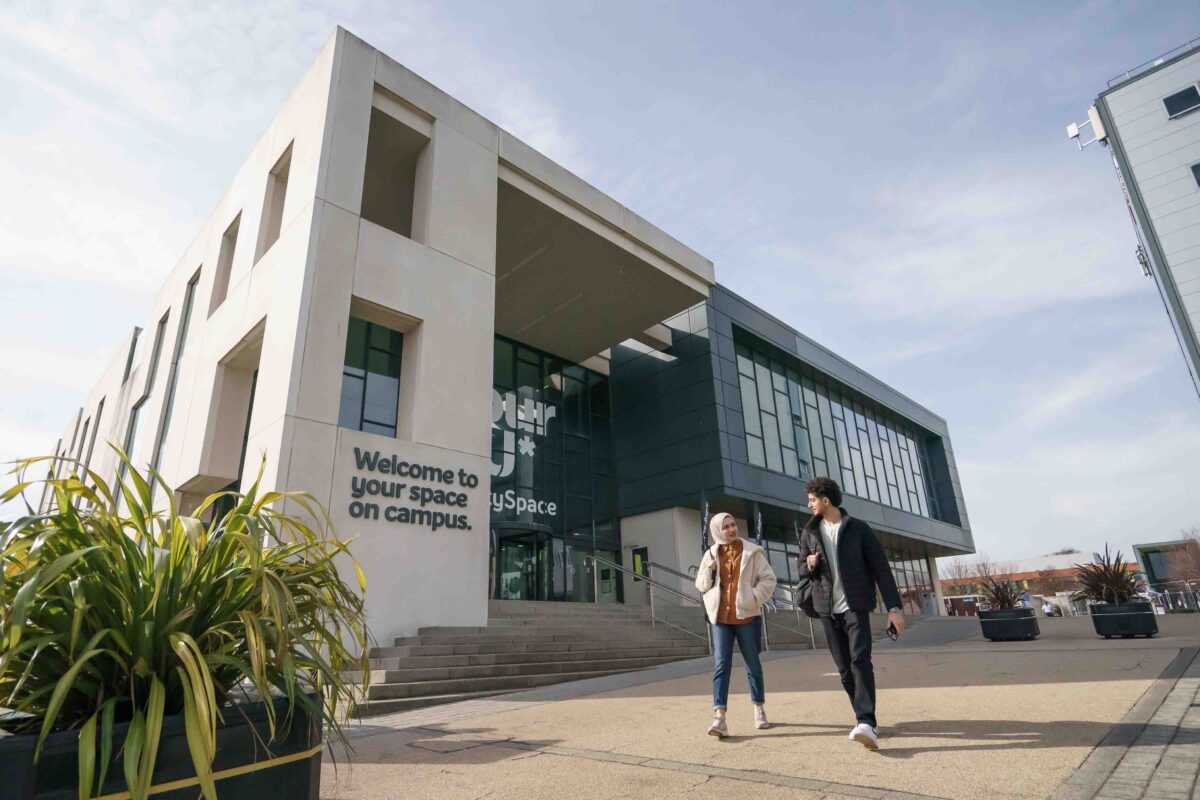
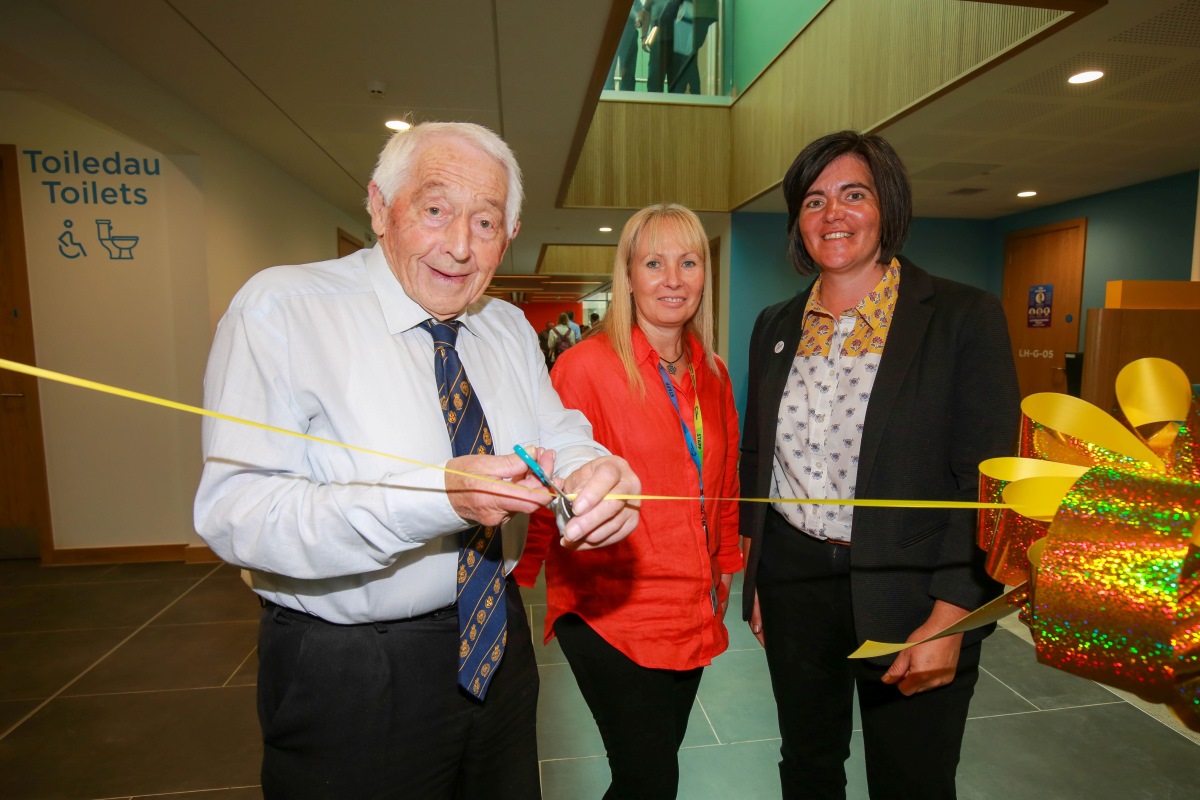

Responses